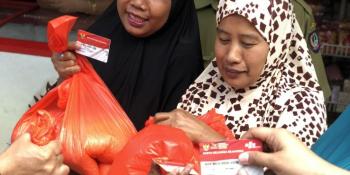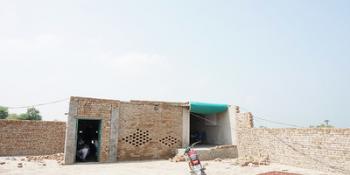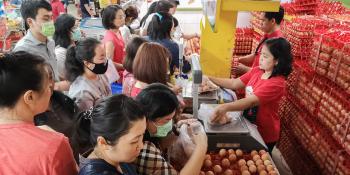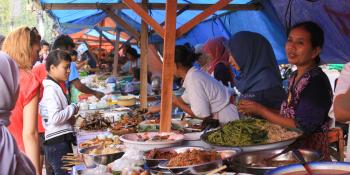The Social Protection Initiative, a joint collaboration between Evidence for Policy Design (EPoD) and the Abdul Latif Jameel Poverty Action Lab (J-PAL) at MIT, aims to bring together researchers, nonprofits, and policy actors to spur the next generation of cutting-edge research in social protection in low- and middle-income countries and to support policy engagement to share insights from completed research.
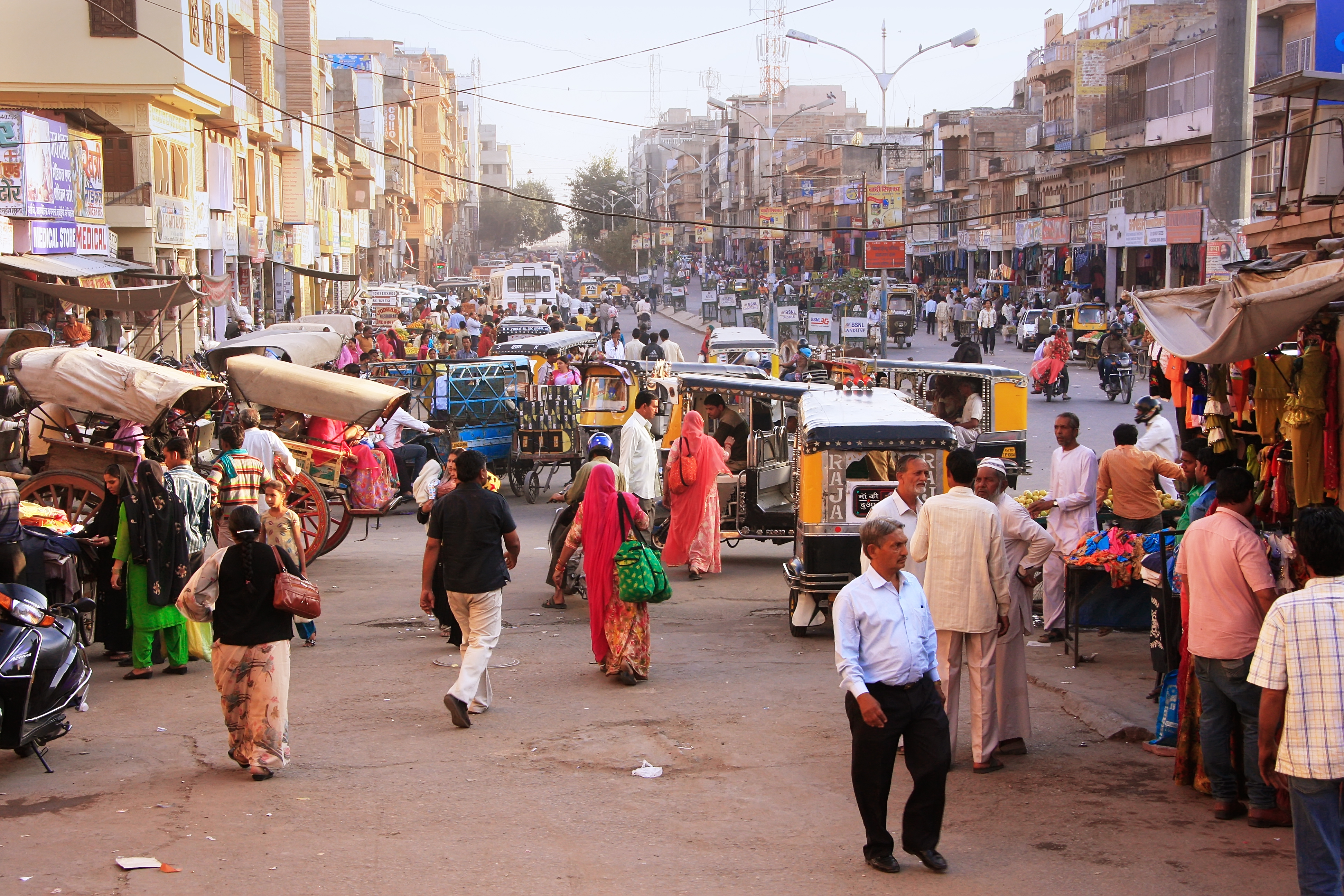
Worldwide, social protection programs are growing in scope to help combat poverty and reduce inequality in low- and middle-income economies. Social protection refers to the wide variety of programs that aim to provide financial assistance to low-income families, insure against shocks, and break poverty traps. Designing social protection programs for low- and middle-income country contexts, however, entails challenges that differ from those faced in high-income economies. For example, governments in these contexts may not have data on people’s employment status and incomes, which makes it difficult to effectively target benefit programs to those most in need.
As social protection programs continue to grow in scope, it is critical that governments build robust systems that can both address long-term poverty and help vulnerable households adapt to economic, health, climatic, or other shocks. The Covid-19 crisis highlighted just how important these programs are in providing a safety net and sustaining livelihoods given challenging economic conditions, as these programs were scaled up quickly to address the health and economic crisis.
While the body of evidence has been growing on social protection, key evidence gaps remain. To spur a new body of rigorous impact evaluations on social protection, J-PAL and EPoD established SPI to fund policy-relevant research on social protection programs in low- and middle-income countries. SPI takes the following approach to designing and evaluating innovations in social protection:
- Producing an evidence review on social protection: EPoD and J-PAL have produced an evidence review on social protection in low- and middle-income countries, both synthesizing the existing research but also identifying important evidence gaps.
- Rigorously evaluating innovative policies and programs to improve social safety nets: EPoD and J-PAL host funding competitions open to the combined network of over 290 EPoD and J-PAL affiliated researchers and their collaborators to spur a new body of rigorous impact evaluations on social protection.
- Supporting policymakers in using rigorous research results to inform investments in social protection: EPoD and J-PAL’s dedicated policy and research teams seek to work with governments, multilaterals, companies, and funders to ensure that effective approaches are promoted and scaled.
SPI is supported by the Australian Government through the Department of Foreign Affairs and Trade and by the Livelihood Impact Fund.
Rema Hanna discusses the social protection programs created around the world to mitigate hardships of COVID-19.
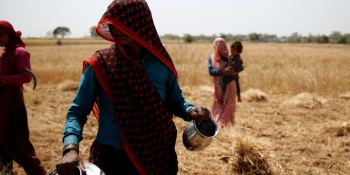
Join the webinar for remarks from experts in social protection on the importance of rigorous research in social protection policy.
J-PAL & EPoD launch a new initiative to generate rigorous evidence on the effectiveness of social protection programs.
CID hosts a panel on rethinking roles and priorities in the development space following the pandemic.
The Municipality of Lima worked with MPAID students led by Rema Hanna to identify policy strategies for a sustainable response.
Rema Hanna on the urgency of social protection policies in addressing economic impacts of COVID-19 in fragile states.
The benefit of using community targeting methods to distribute cash transfers during Covid-19.
The impact of replacing food assistance programs from in-kind transfers to electronic vouchers.
Request for Proposals
The Social Protection Initiative (SPI) funds randomized evaluations of social protection programs in low- and middle-income countries. SPI has one regular funding cycle per year calling for proposals from EPoD faculty affiliates, J-PAL affiliates, J-PAL postdocs, and SPI invited researchers. PhD students, with support from an advisor who is a J-PAL affiliate, EPoD faculty affiliate, or SPI invited researcher, are also eligible to apply. Please note that all funding competitions will be managed by, and funded through, J-PAL Global. SPI’s 2023 RFP is accepting applications for travel/proposal development grants, pilot studies, and full-scale studies.
For travel/proposal development grants, full proposals are due by 5:00 p.m. US ET on Friday, May 19, 2023. To access the application, a short expression of interest (EOI) must be submitted prior to May 19.
For pilot studies and full-scale studies, short expression of interests (EOIs) are due by 5:00 p.m. US ET on Friday, July 28, 2023. Full proposals are due by 5:00 p.m. US ET on Friday, September 1, 2023.
For more details on the RFP, please click the “Learn more” button below.








